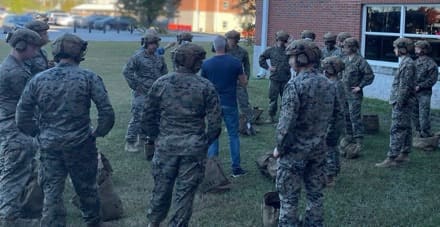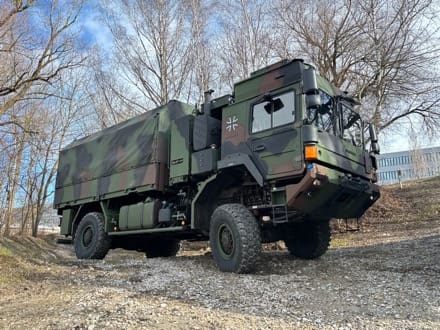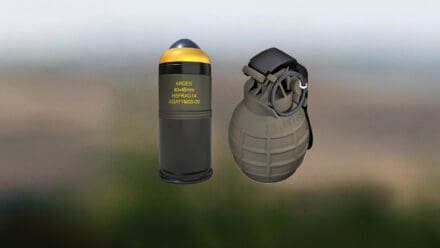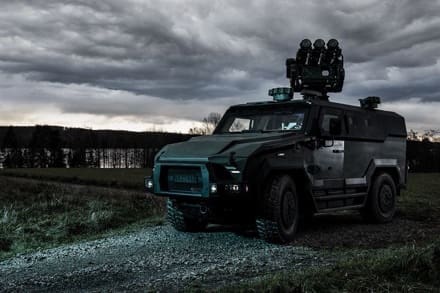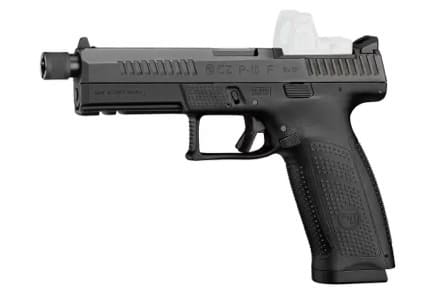KONGSBERG, NORWAY & JOHNSTOWN, PENN.– Aug. 5, 2025 – The United States Marine Corps has awarded a full-rate production contract to Kongsberg Defence & Aerospace (‘KONGSBERG’) valued at up to $330 million for the 30mm remote turret for the Amphibious Combat Vehicle 30mm program (ACV-30).
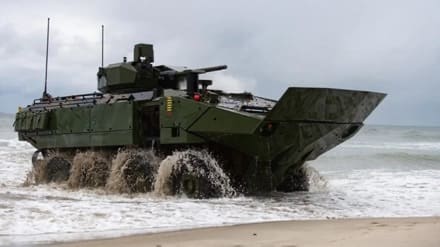
The first order on the contract from PEO Land Systems Program Manager Advanced Amphibious Assault (PM AAA) includes a substantial number of turrets to be manufactured at Kongsberg’s remote weapon system facility in Johnstown, Penn. A recent expansion at the facility has resulted in more jobs and a dedicated medium caliber turret production line.
“Kongsberg is honoured to support the U.S. Marine Corps by equipping them with increased firepower and capacity,” said Eirik Lie, President of Kongsberg Defence and Aerospace. “The ACV-30 offers superior performance compared to current comparable systems, and we see the market potential for our medium caliber turrets as positive, both in the US and internationally.”
“The ACV-30 adds an important capability for Marines as we shift back to maritime expeditionary operations providing enhanced direct-fire lethality with Kongsberg’s 30mm fully stabilized weapon system,” said Christopher Melkonian, PM AAA at PEO Land Systems, United States Marine Corps. “Commonality within our lethality solutions provides benefits to the Marine Corps beyond the ACV program, streamlining training, concepts of operation and logistics.”
ACV-30 is one of four variants in the next-generation ACV family of vehicles designed, developed and built by BAE Systems, providing the U.S. Marine Corps with ship to shore capability in what will be a full replacement of the Amphibious Assault Vehicle (AAV). The ACV-30 variant mounts Kongsberg’s stabilized, remotely operated MCT-30 that provides the capabilities and protection Marines need. The remote turret eliminates the space requirement of legacy turreted cannon systems, provides more room to transport troops or mission essential equipment and reduces weight for better mobility.
The ACV-30 turret is an evolution of the medium caliber turret successfully deployed in various operational environments. It has also been selected for the Marine Corps’ Advanced Reconnaissance Vehicle, providing commonality across the service. The turret is vehicle agnostic, able to accept armour and a variety of effectors, including anti-tank guided missiles (ATGM).
All remote weapon stations and remote turrets delivered to U.S. customers are manufactured in Kongsberg’s Johnstown, Penn. facility and leverage an extensive American supply base. For 20 years, Kongsberg has been the sole provider of these systems to the U.S. and delivery programs include the Marine Air Defence Integrated System (MADIS) RWS and the Commonly Remotely Operated Weapon Station (CROWS) to the U.S. Army. More than 20,000 remote weapon stations and remote turrets have been produced in this facility since it opened in 2008.
This contract follows the purchase of long-lead items last winter to maintain production and delivery timelines for the U.S. Marine Corps’ ACV-30 program. The contract also includes negotiated options for additional systems. Initial deliveries are expected in the near future.
KONGSBERG in November 2024 announced a contract for long-lead items worth USD 51 million, signaling the start of the ACV-30 project. The order announced today is valued at about USD 118 million.
